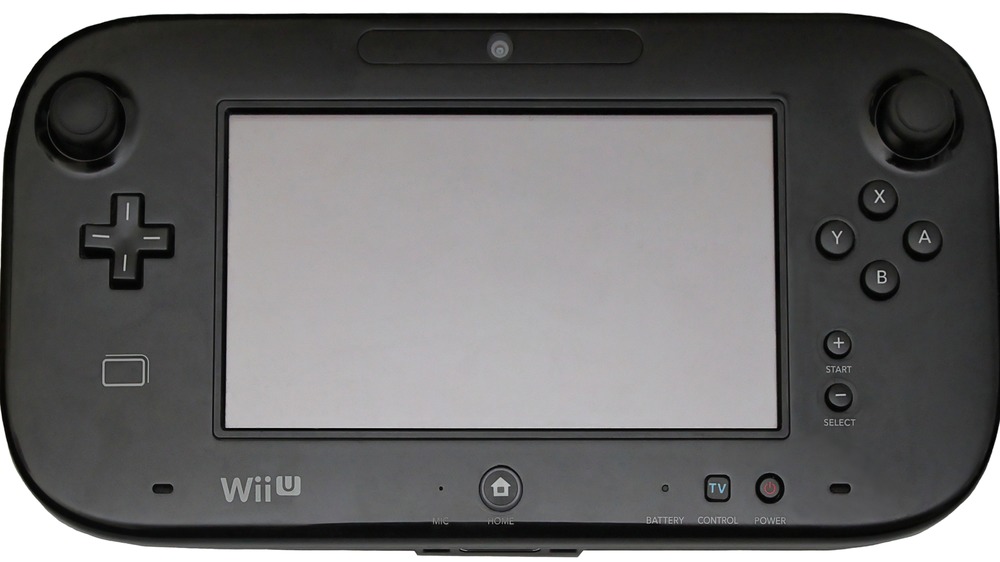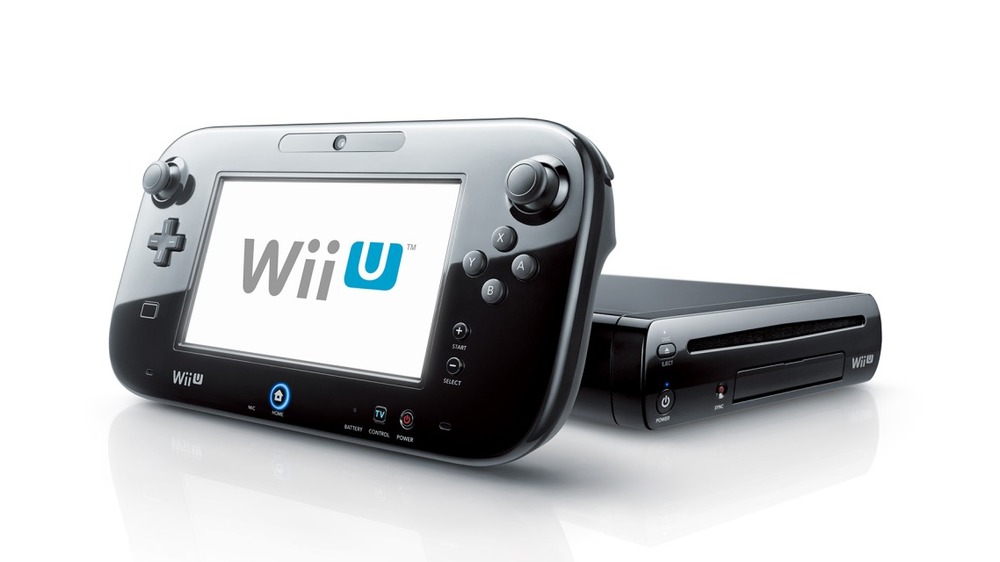Why The Wii U GamePad Didn't Have The Success That It Hoped For
The Nintendo Switch has been an utter success for Nintendo, selling four times as many consoles as the PS5 from December 6 to December 12. This is despite shortages earlier this year. Yet, before the massive success of the Nintendo Switch, which launched in March 2017, Nintendo's last console was the Wii U, which was a total flop for the gaming giant.
The Wii U's failure can be attributed to multiple aspects, including a relatively small library, inferior hardware, and its release several years after the competing Xbox 360 and PlayStation 3. Moreover, the Wii U GamePad, marketed as a revolutionary controller comparable to the novel Wii remote, was the disappointment of disappointments. Touted as a second-screen controller that was the console counterpart to the Nintendo 3DS, Nintendo pushed it as the sole innovation of the Wii U.
The GamePad, however, was still a lackluster controller at best. With a stated wireless range of just 26 feet, it was no Nintendo 3DS or Switch, which can play games in handheld without the need for a connection to a base unit.
Admissions of failure
In a 2015 interview with NPR, Mario creator and leading Nintendo producer Shigeru Miyamoto said that "the uniqueness of those features were perhaps not as strong as they were when we had first begun developing them." This statement may have referenced the Apple iPad, which first released in 2010 and allowed users to work, use apps, surf the internet, and play games on the go with the touchscreen device.
Fortunately for Nintendo, the Switch has acted as a major comeback for the company. The console has far outperformed the Wii U and provides fans with better hardware at a reasonable price with the ability to play in both handheld and docked mode and without the limitation to keep within a certain distance of the dock. Plus, the console includes improved ports of many first-party Wii U games for the many Nintendo fans who missed out on the disappointing console that seemed be a major blow to the company's legacy, one that has been healed and then some by the much-beloved Switch.


